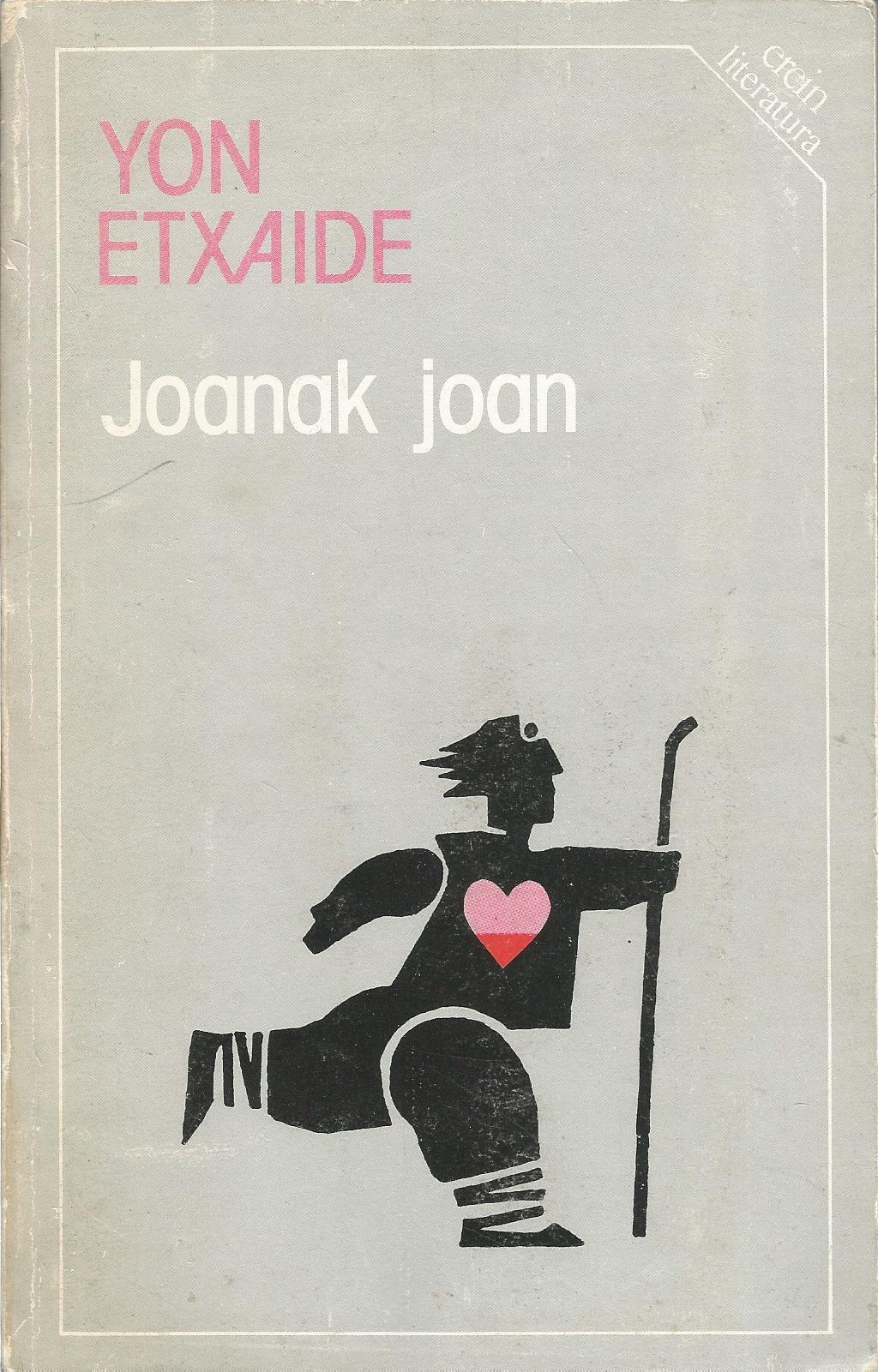

Yon Etxaide, the first writer of Hegoalde who had nothing to do with the war of the 36s, according to tandem Mendiguren-Izagirre: he had a novel of all the work, Joanak joan, a long, elegant, juicy novel; a lifetime novel, something that until then had been little novel vasco.El problem was first published in 1955: The third edition we have available is that of 1986. And there were changes. What, how much? It's hard to know. If the author is cared for, the most important ones are the forename names (read the liver explanation).
Other name, Pierre Topet, a.k. In Etxahu, “because it is the axis of this novel, and around it the other characters, as if they were the wheels of the starting axis of the chariot, circle us.” Neither punlari nor zirtolari, according to Etxaide “ederzale bertsogintzan”. Always in the fields of fiction: “I mean, the characters in this novel, when they are not invented, are not the same as flesh and bone, but their images.” What is more: “Are those stories really history? It may be a big part, basic, but another big part would say no.” It was about making a novel with a thesis: “To show that the root, root and essence of true religion is love.” Great.
A Christian novel, therefore, as advertised by the interior cover of the book. And more: a workbook at intervals, a work in progress. All of a sudden, we'll find a little biography of the priest Mr. Haritxabalet. The adventures of Napoleon on the pretext of the Battle of the Etxahun. Suddenly it will say: “Topetia del caserío, as Pierre Lhand says.” And Campanilla, alluding to the Borrascos, will explain why they are extensive. To the point of being conscious: “You’ve avoided us too much from the thread of our novel.” Besides a certain class awareness: “Life is difficult and bitter for one, for another, to make it easy and enjoyable.” In addition to a certain gender awareness: “On the other hand, man cannot dominate the woman, but to have her as the aid of life, making her rich owner of all her rights.”
A long, elegant, juicy novel; a complete novel, something that until then had been lacking in Basque novels. A costumbrist novel that has not yet conquered the modern world, but that, unintentionally, liberates some aromas of the postmodern novel.